Building on over thirty five years of innovative research and thought leadership, the Pacific Institute is significantly accelerating and scaling our reach and impact in response to the mounting water crisis. We have set a 2030 organizational goal to catalyze the transformation to water resilience in the face of climate change. We have four core focus areas: Water Equity, Water Efficiency and Reuse, Nature-Based Solutions, and Corporate Water Stewardship.
WATER EQUITY
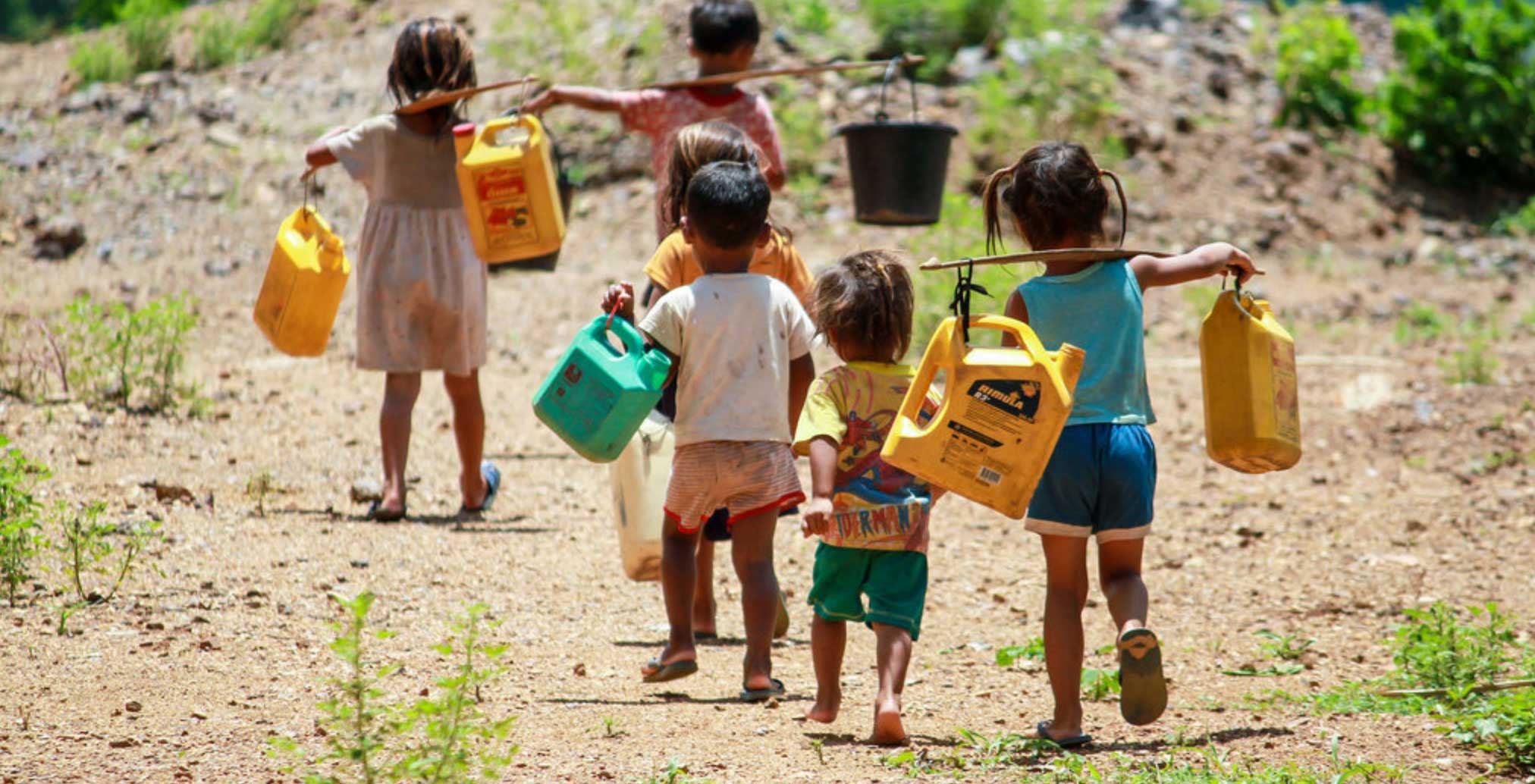
Image by ADB via climatevisuals.org
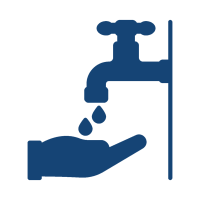
Water Equity
Human needs for water access, sanitation, and hygiene—often called WASH for short—are simply not being met. Around the globe, approximately 2.2 billion people lack safe drinking water, while 3.5 billion people lack safely managed sanitation. Even in the United States, more than 2 million people do not have running water or basic plumbing, and water is unsafe or unaffordable for tens of millions more. Climate change is exacerbating inequities in access to clean, reliable, and affordable water, as well as sanitation and hygiene. Frontline communities typically don’t have a seat at the table when it comes to decisions around water and climate, yet they are often the first and worst impacted.
The Pacific Institute has more than 30 years’ experience integrating social equity into our work. Both in the United States and around the world, we help equip frontline communities and those who support them with the research, tools, and resources they need to improve access to safe water and sanitation. We also support these communities to ensure their water practices and policies are resilient to climate change. Additionally, the Pacific Institute supports utilities, consultants, and corporations to integrate equity into their practices, policies, and programs.
Our Work in Water and Climate Equity
BLOG
PUBLICATIONS
OTHER
WATER EFFICIENCY AND REUSE
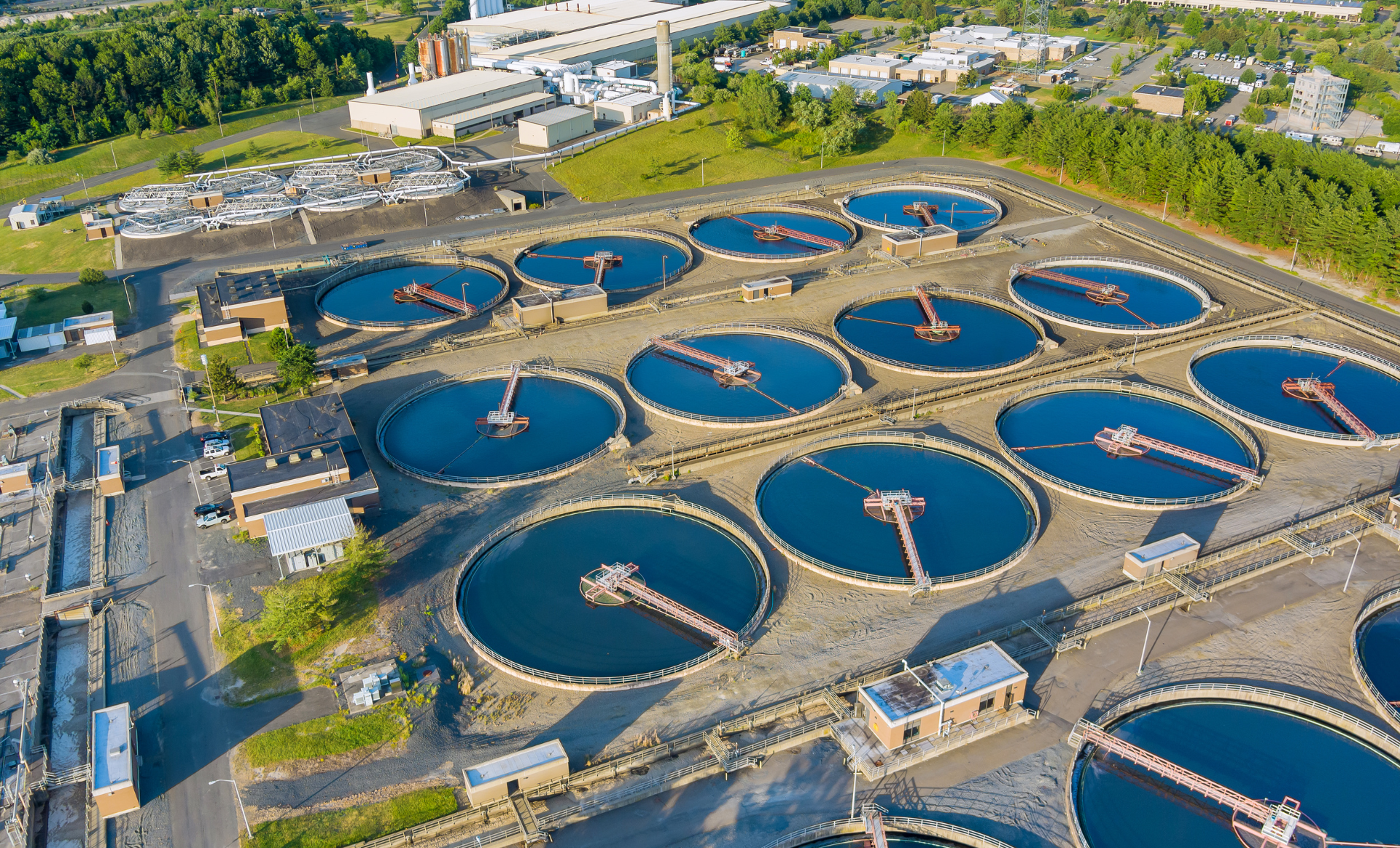
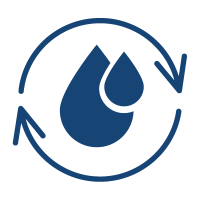
Water Efficiency and Reuse
By 2030, total global water demand is projected to outstrip water supply by 40%. Water efficiency and reuse are powerful strategies for meeting our agricultural, industrial, and domestic water needs while protecting freshwater ecosystems. They can also reduce energy use and greenhouse emissions and create new business and employment opportunities.
The Pacific Institute is at the forefront of assessing water efficiency and reuse opportunities. We develop leading-edge research and analysis and share our findings with non-governmental organizations, utilities, and businesses to drive meaningful and lasting change. Through strategic partnerships across the private and public sectors, we influence investments in water efficiency and reuse in the United States and broader global dialogues.
Our Work in Water Efficiency and Resuse
BLOG
NEWS
PUBLICATIONS
NATURE-BASED SOLUTIONS
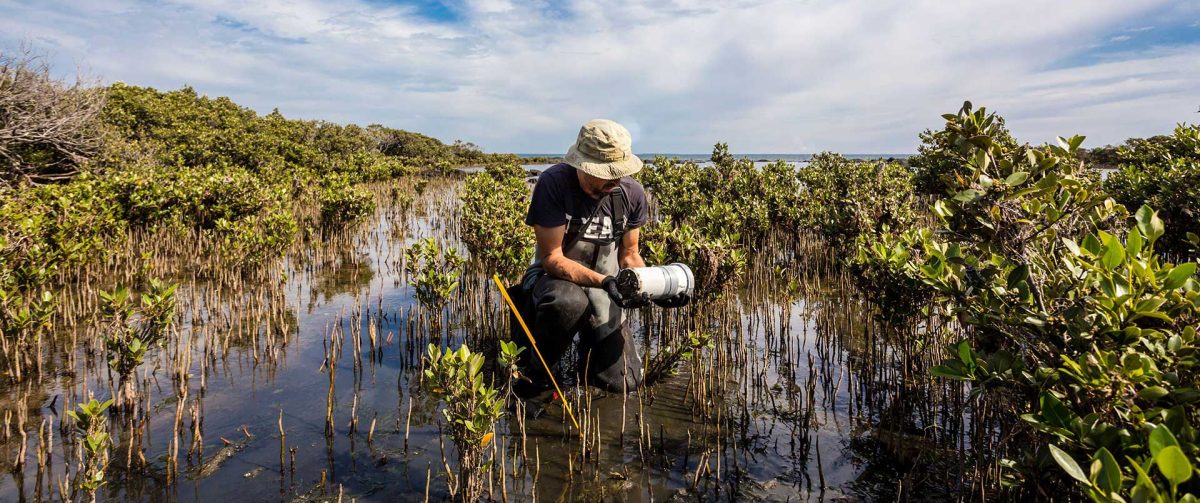
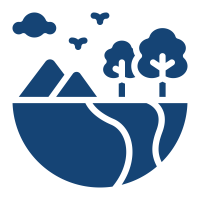
Nature-based Solutions
The world’s natural ecosystems have experienced rapid loss, adversely affecting water. More than half of the world’s wetlands have been lost since 1900. In nearly every water basin around the world, water availability and quality are in decline. Nature-based solutions use or mimic natural processes to meet societal and environmental needs. By restoring, protecting, and managing key ecosystems, including forests and wetlands, we can improve environmental and community resilience and address multiple societal and environmental challenges.
The Pacific Institute is working to increase use of nature-based solutions that support more climate-resilient water systems and the communities and ecosystems they support, while reducing the severity of climate change. We develop leading-edge guidance and tools to make it easier for non-profit organizations, public-sector agencies, businesses, utilities, communities, and other groups to implement and invest in these solutions. Our work informs policies at the regional, state, national, and global level.
Our Work in Nature-based Solutions
PUBLICATIONS
BLOG
Corporate Water Stewardship
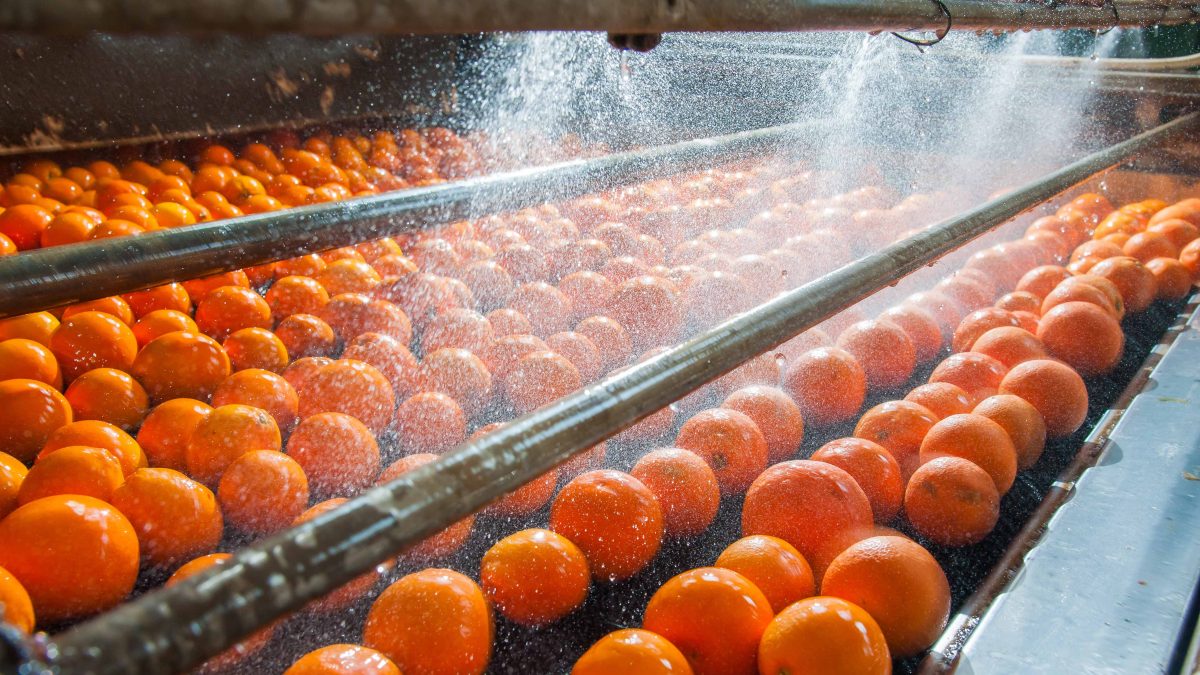
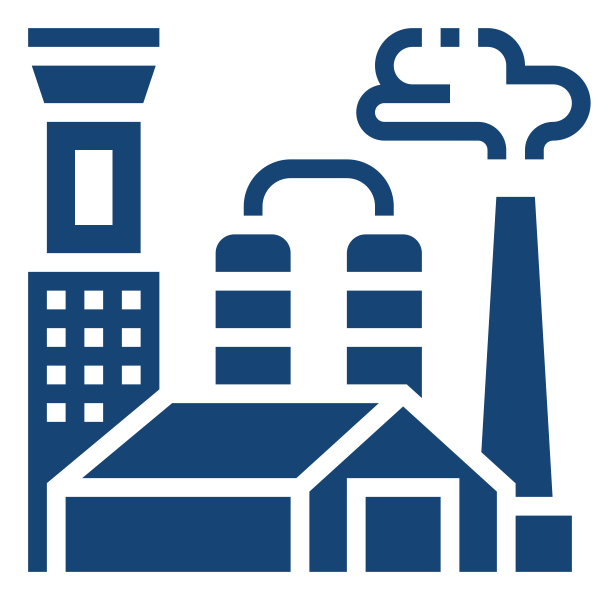
Corporate Water Stewardship
Businesses are major water users through direct operations and across value chains. They are key stakeholders in helping solve the water crisis. Due to the scale at which some corporations operate, a single pivotal change by a global business can result in significant improvements in water resilience.
The Pacific Institute is a leading global force mobilizing the private sector to take water action. We conduct research and develop innovative tools to inform and inspire business decisions. Since 2007, the Pacific Institute has convened the CEO Water Mandate, an initiative in partnership with the United Nations Global Compact. We also directly engage CEOs from major companies through the Water Resilience Coalition. Launched in 2020, the Water Resilience Coalition convenes some of the world’s most influential companies and CEOs to build water resilience in their operations and supply chains, and to take collective action in basins around the world. The Water Resilience Coalition’s 2030 Roadmap for collective action includes scaling proven solutions in 100 priority basins, advancing business innovation, leveraging finance, and measuring impact.
Our Work in Corporate Water Stewardship
PUBLICATIONS
BLOG
Contribute to a Water Resilient Future
When you support Pacific Institute, you’re not only contributing to science-based research, you’re helping advance solutions to the world’s water challenges.
Connect With Us
Subscribe to our newsletter for the latest news, publications, resources, and more.
By submitting this form, you are consenting to receive marketing emails from: . You can revoke your consent to receive emails at any time by using the SafeUnsubscribe® link, found at the bottom of every email. Emails are serviced by Constant Contact


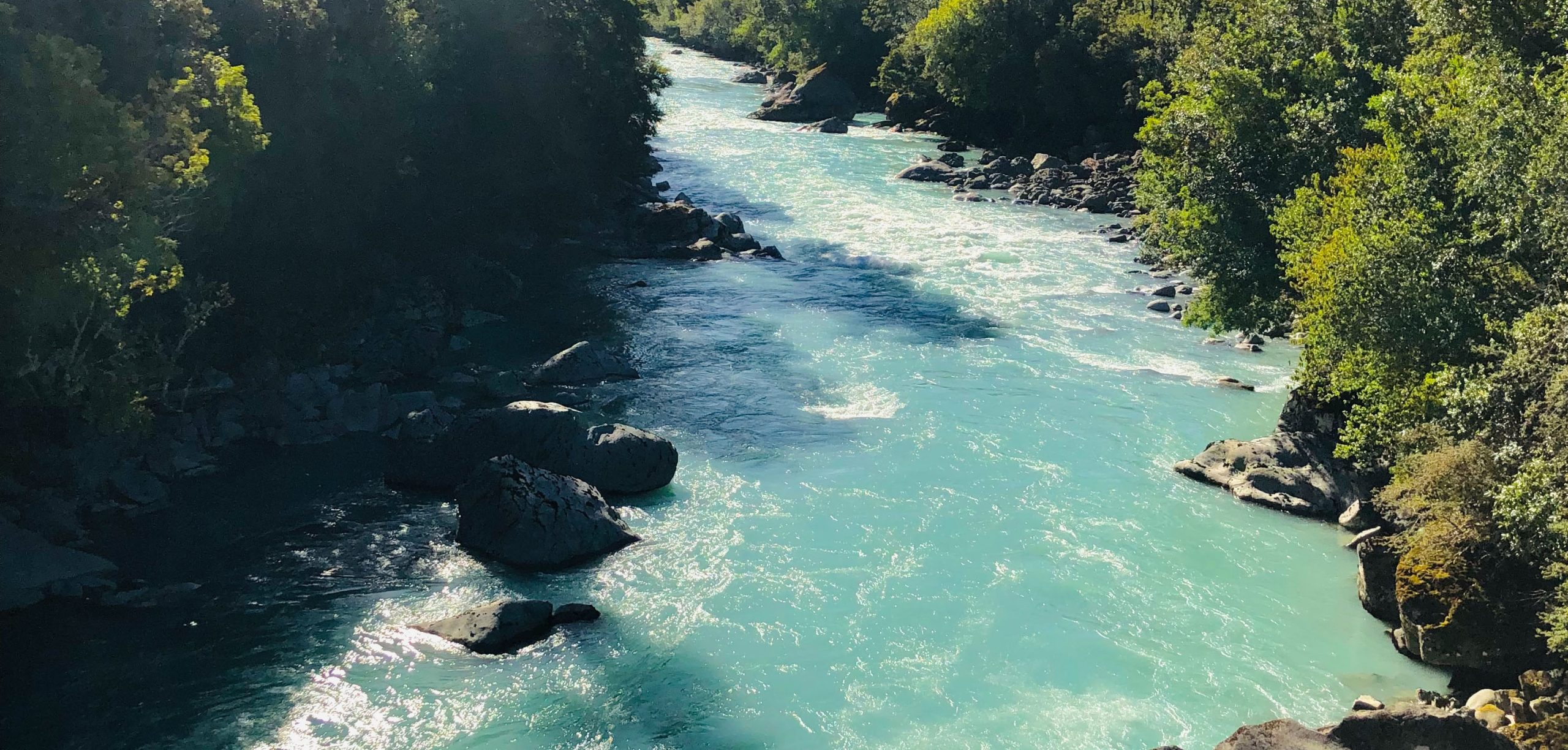
Comments on the California Public Utilities Commission Amended Scope for a Low Income Water Rates Assistance Program